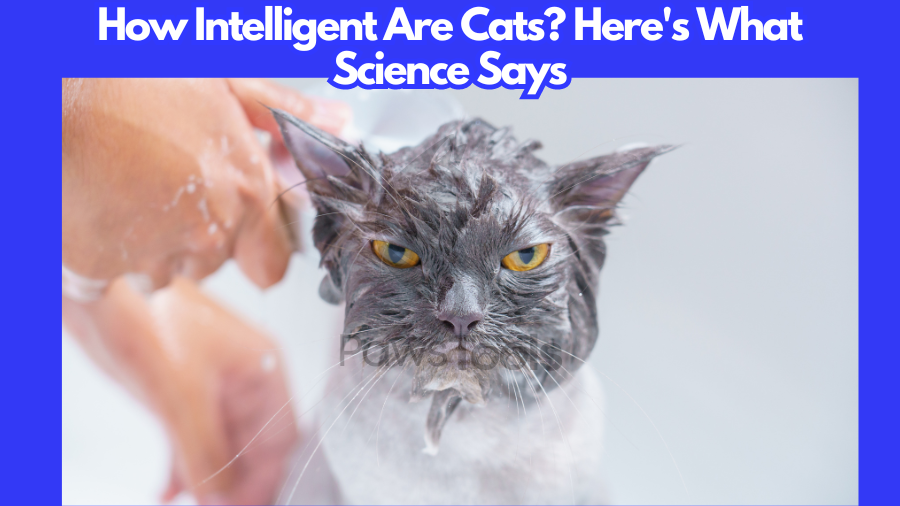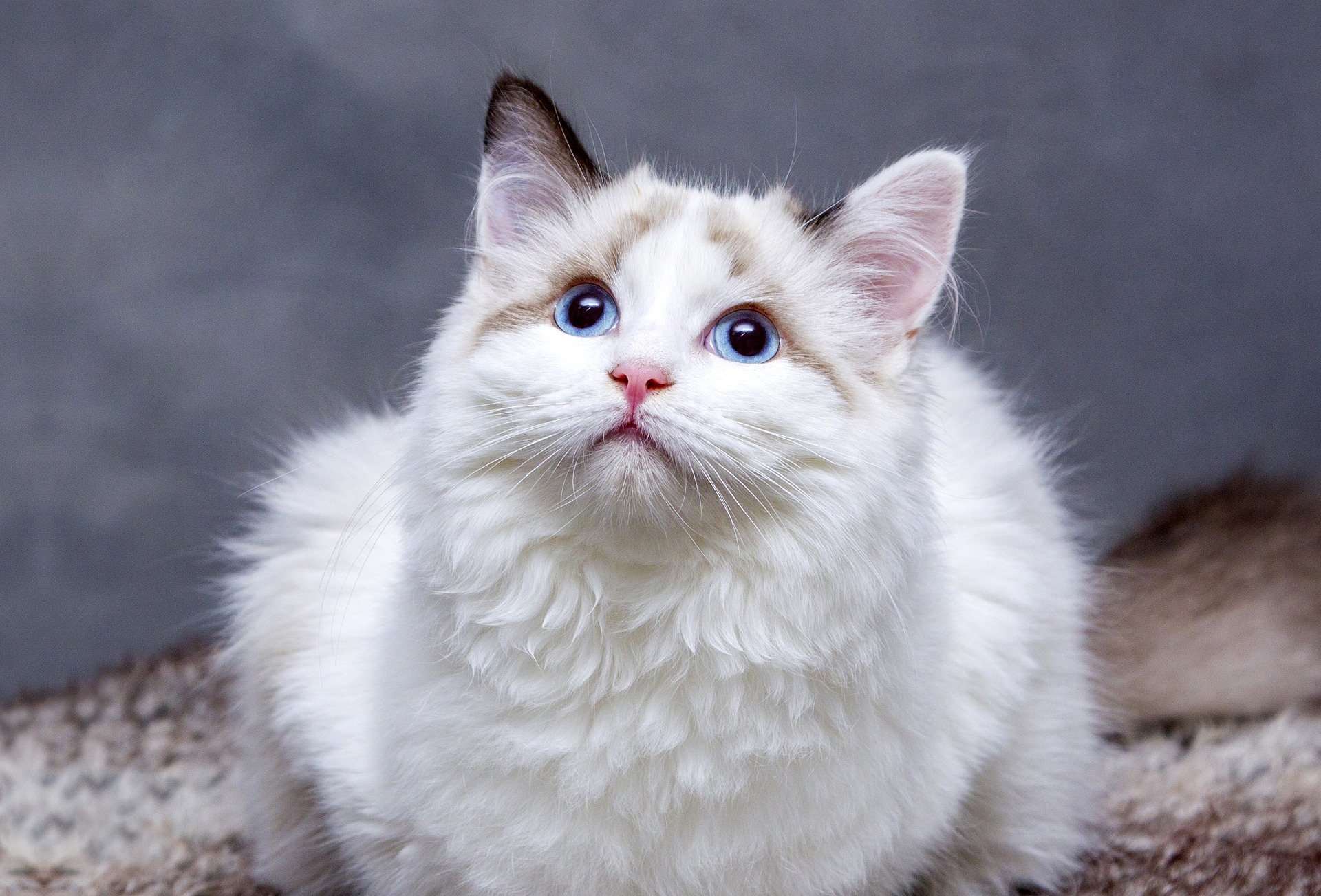Recent studies delve into the intelligence of cats, revealing their sophisticated cognitive abilities and independent nature.
Cats have always intrigued us with their sharp instincts and unique behaviors, but how intelligent are they really? While the scientific community has extensively researched canine intelligence, feline studies have lagged behind due to one major issue: cats’ lack of cooperation. Despite these challenges, some fascinating findings have emerged that shed light on just how smart our feline friends can be.
Key Findings on Feline Intelligence
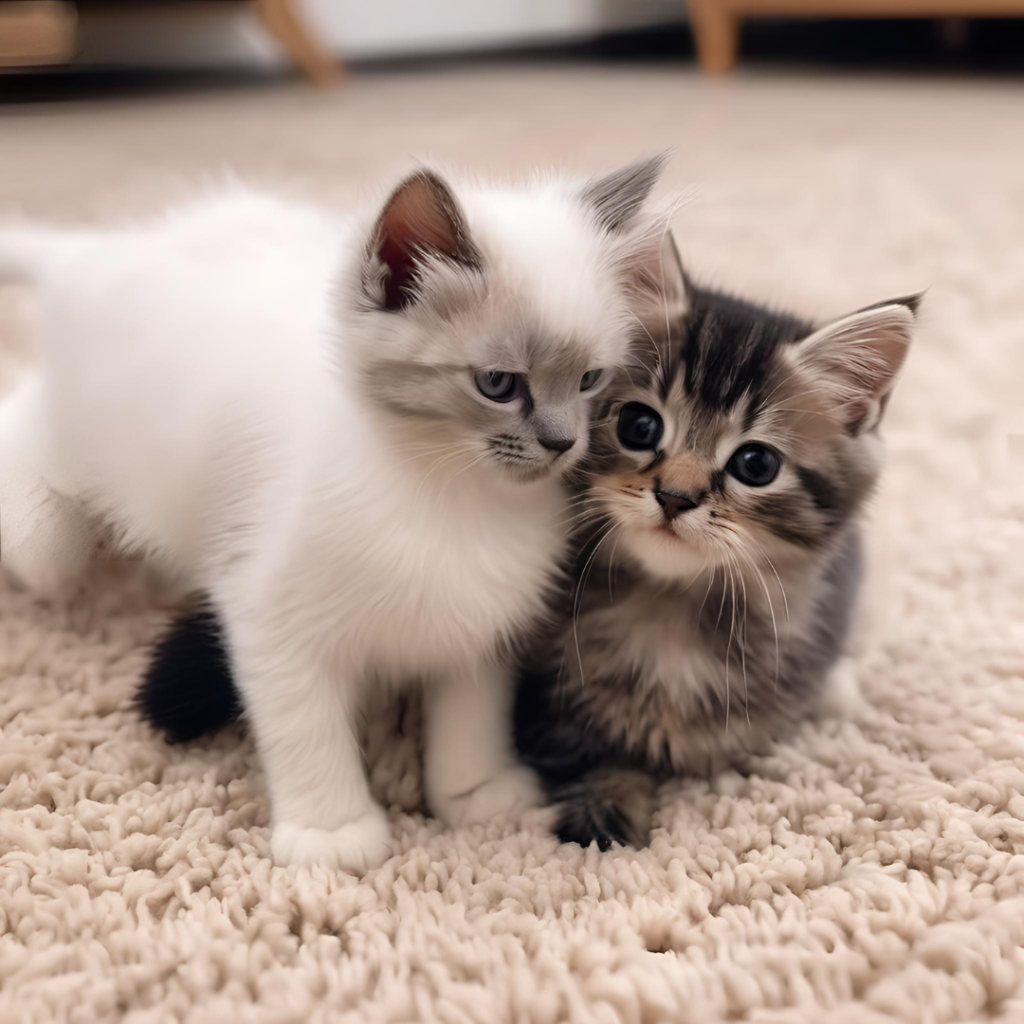
- Limited Studies: Unlike the numerous studies on dogs, research on cats’ intelligence is sparse. David Grimm of Science Magazine highlighted that by 2004, several papers on canine intelligence existed, but none focused on cats.
- Independent Nature: Cats are famously independent, making them difficult subjects for research. Hungarian ethologist Dr. Ádám Miklósi noted the challenge of working with cats as they rarely follow directions or cooperate in study settings, unlike dogs.
- Social Preferences: Animal behavior researcher Kristyn Vitale found in a study of 55 cats that, given the choice, just over half preferred human interaction over toys or food, although food was a close second.
- Recognition of Voices: A 2013 study cited by Smithsonian Magazine discovered that cats can recognize their owner’s voice but often choose to ignore it, a sign of their independent nature.
- Stress Factors: Miklósi also pointed out that cats might underperform in lab tests due to the stressful environment and interactions with unfamiliar humans.
- Breed Differences: Certain cat breeds like Balinese, Bengal, Burmese, Savannah, and Siamese are considered more intelligent due to their curiosity and playful nature.
The Smartest Cat Breeds
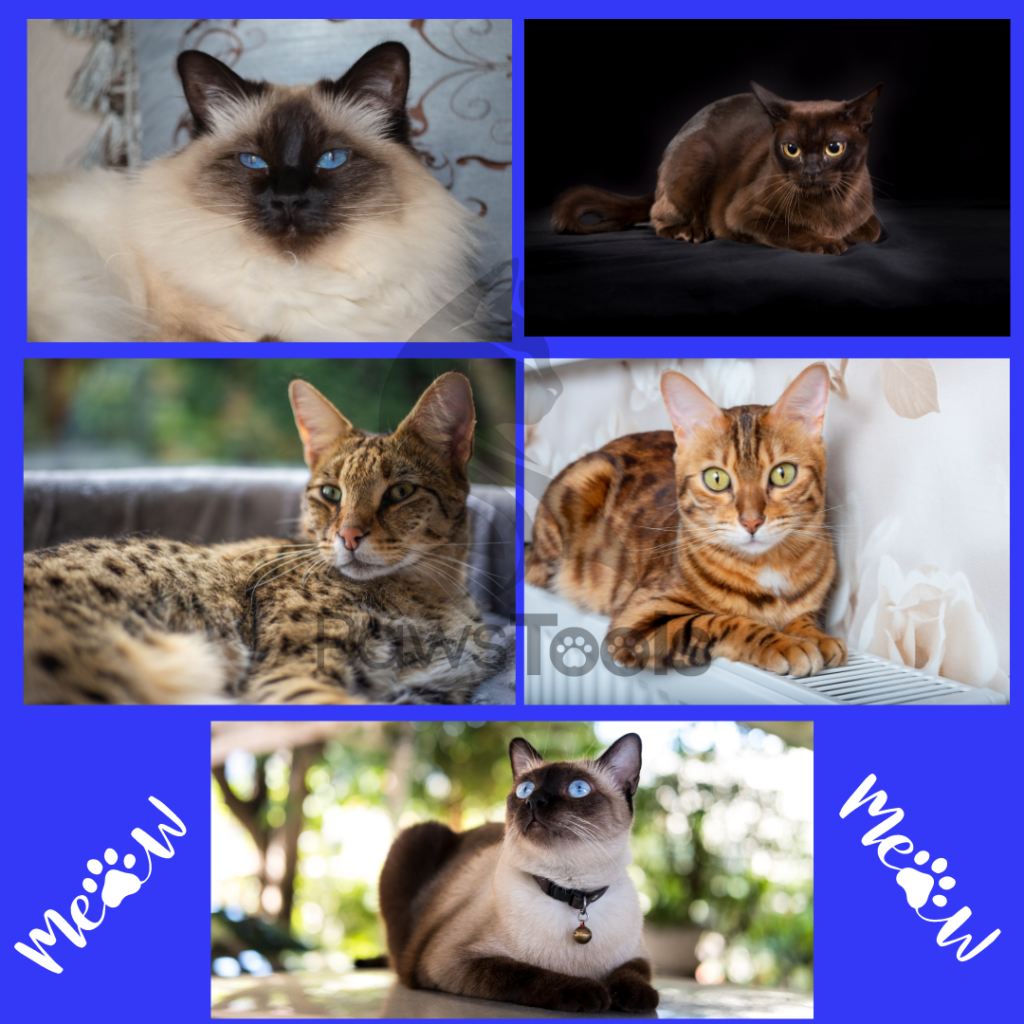
- Balinese: Known for their chattiness and curiosity.
- Bengal: Energetic and in need of mental stimulation.
- Burmese: Playful and easily trained, they prefer interactive time with owners.
- Savannah: Active and large, originally bred from African servals.
- Siamese: One of the most popular breeds, highly intelligent and affectionate.
Challenges in Measuring Cat Intelligence
Researcher Vitale suggests that the main issue in studying cats doesn’t lie within the cats themselves but rather the methodologies used by researchers. Cats’ enigmatic behaviors continue to baffle scientists, making it difficult to apply standard research techniques that work well with dogs.
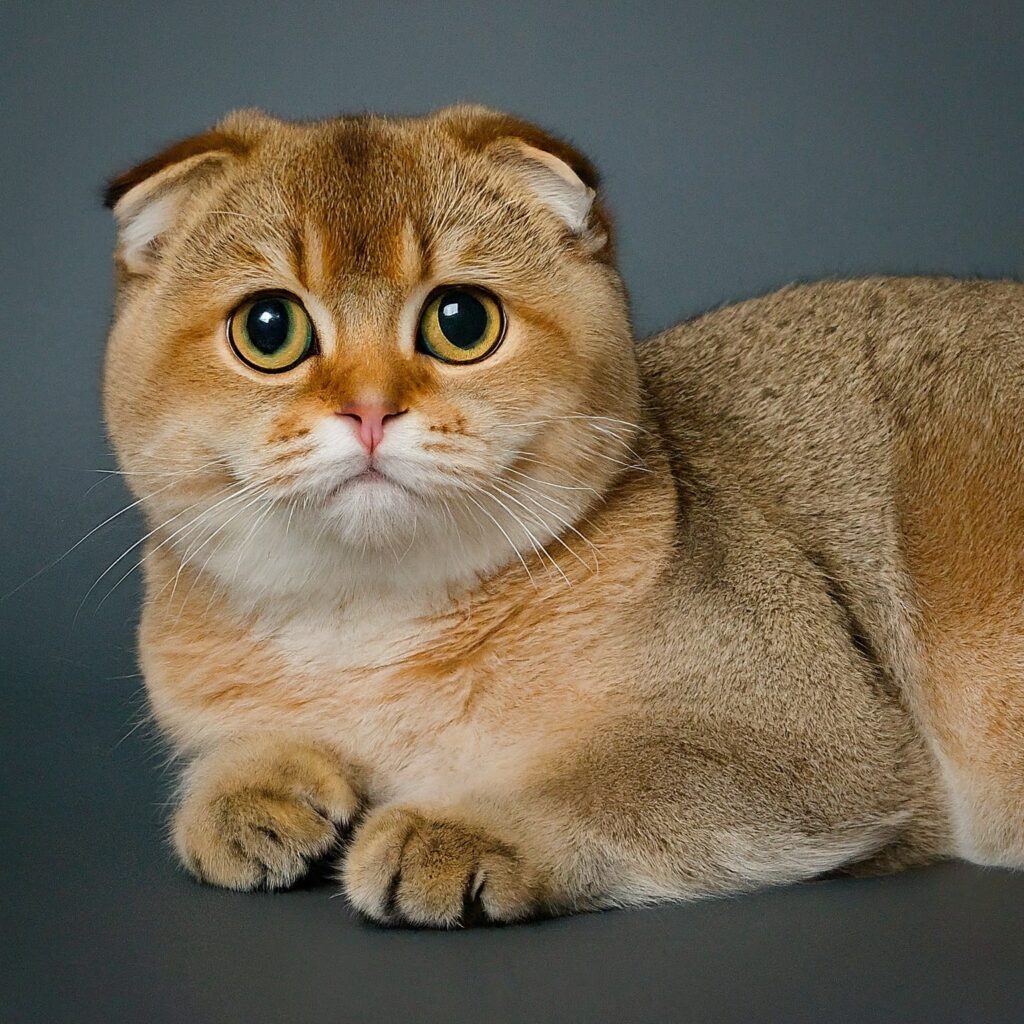
Why This Matters
The intelligence of cats reflects their ability to make decisions that suit their own needs rather than their owners. They are highly independent, which may point to a different kind of intelligence focused on self-benefit.
As studies continue to develop, we may gain clearer insights into the feline mind. Until then, we cat owners can certainly appreciate the clever antics and loving moments our pets bring into our lives. Knowing what we do about their intelligence and independence, we can look forward to more tailored and effective methods of engaging and understanding our feline companions better.

